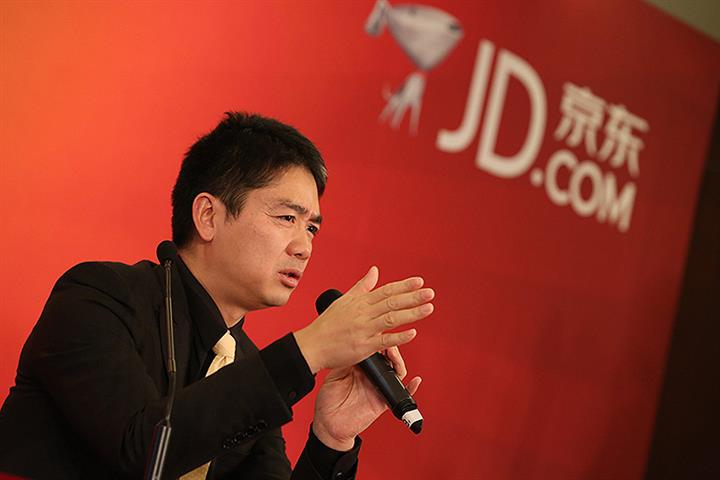 JD.Com to Cut Senior Manager Salaries to Boost Staff Benefits
JD.Com to Cut Senior Manager Salaries to Boost Staff Benefits(Yicai Global) Nov. 22 -- JD.Com will cut the salaries of senior managers by 10 percent to 20 percent from Jan. 1 to improve benefits, including wages, for ordinary staff and ease the pressure on the Chinese e-commerce giant, according to its founder.
JD.Com will set up a CNY10 billion (USD1.4 billion) housing fund to provide interest-free home loans to rank-and-file employees, Richard Liu said in an e-mail to staff today.
Liu will donate CNY100 million (USD14.0 million) of his own money that will be matched by the Beijing-based company to boost a relief fund for the children of employees.
It also plans to include outsourced staff of Deppon Express as regular employees, paying their social insurance premiums, but Liu did not reveal their numbers. JD.Com bought over 66 percent of Deppon Express for nearly CNY9 billion in March. After the deal closed in July, the ranks of JD.Com's staff rose to more than 540,000, most of them logistics workers.
JD.com’s net revenue for the third quarter was CNY243.5 billion, an increase of 11.4 percent, while net income was CNY6 billion, compared with a net loss of CNY2.8 billion in the same period of last year. Annual active customer accounts rose by 6.5 percent to 588.3 million in the 12 months ended Sept. 30, according to the firm’s financial report released on Nov. 18.
The online retailer spend CNY31.4 billion on salaries for logistics workers in the first three quarters of this year, the report also showed.
JD.Com’s business has been severely affected by the pandemic in the past two years, especially this year. A total of 17 percent of JD.Com’s customer home addresses were affected in September, and the order cancellation rate was higher due to fulfillment difficulties and longer waiting times, said Chief Executive Officer Xu Lei.
But customers visit JD’s website more for brand shopping, which translates into better operating costs and profitability for merchants and brands, Xu added. “Even though many enterprises are facing challenges, we do see a brighter future. There are some obvious signs of economic recovery, but we’re still not clear about how fast the recovery will be.”
Liu stepped down as CEO earlier this year, but is still chairman and has an absolute say in corporate affairs. He owns 433.2 million ordinary shares of the company, a 13.8 percent stake, with 76.1 percent of the voting rights, according to a document the firm submitted to the Hong Kong Stock Exchange in April. Other senior managers Xu Lei, Xu Ran, and Zhang Pang hold less than 1 percent.
Editor: Peter Thomas